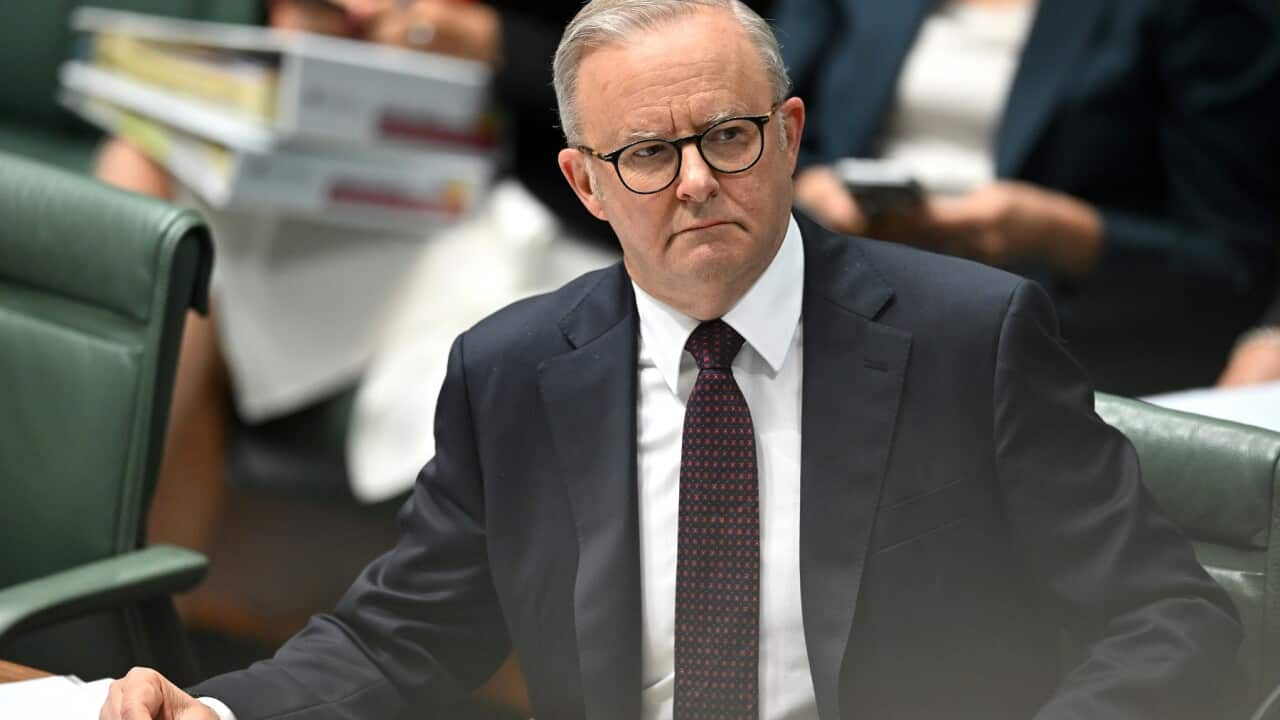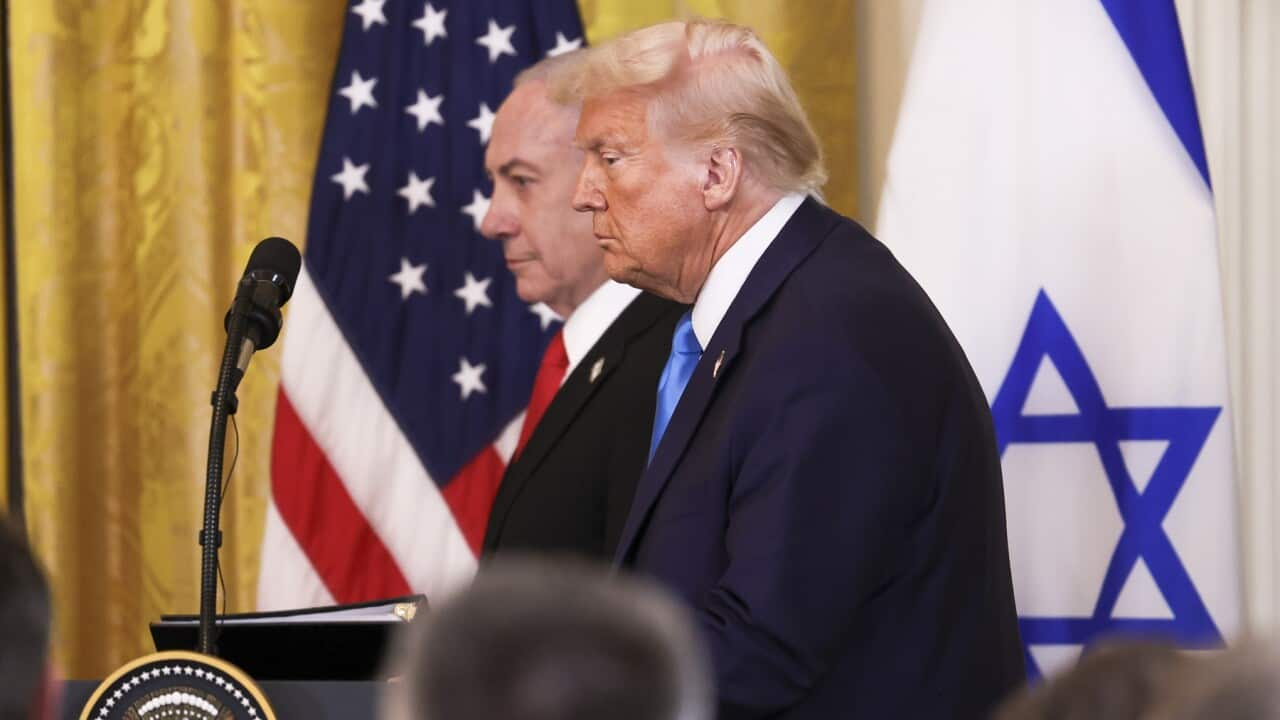TRANSCRIPT
In some late night political gymnastics by Labor, the party has gone against its position on mandatory minimum sentencing.
"There's nothing late night about it. We've been working through these issues. We want to make sure that there's the strongest possible laws in place."
That's Prime Minister Anthony Albanese defending the move on Sky.
But how did it get here in the first place?
The government put forward a bill to strengthen hate crime laws, to address a rise in antisemitic attacks.
Whilst it's already a criminal offence to urge violence against a targeted group, the laws expand protections, as Professor Luke McNamara from the University of New South Wales explains.
"It changes the fault element from an intention to do so to recklessness."
Meaning the prosecution doesn't have to prove intent behind the alleged perpetrator's actions.
"The second thing is to introduce a second tier offence for threatening violence against a targeted group."
... which would attract a maximum penalty of five years.
And the government is extending the laws to protect more people.
"So we're talking there about groups who, by virtue of their sexual identity, their sexual orientation, their gender identity, or their intersex status or their disability status might be on the receiving end of hate speech."
As the parliament considered the legislation, there were amendments put forward.
Independent MP Allegra Spender's proposal to criminalise hate speech wasn't supported.
But the Coalition's amendment to impose mandatory minimum sentences for a range of offences was.
The changes don't directly relate to the hate crime legislation but are changes to other parts of the criminal code.
It's something the Coalition has been calling for for weeks, says Liberal Senator James Paterson.
"The Parliament will send a strong message that there are consequences for this behaviour. But the Parliament is not acting today because of the leadership of the Prime Minister. The Parliament is acting today because the Prime Minister has been dragged kicking and screaming to finally introduce tough legislation that will ensure there are real penalties for this behaviour. It was only last week that the Prime Minister was rubbishing the need for mandatory minimum sentences."
It means those found guilty of displaying a Nazi symbol, doing a Nazi salute, publicly displaying a terrorist symbol, or knowingly associating with a terrorist organisation will face a minimum 12 months in prison.
There will be a minimum three-year sentence for terror financing, and a minimum six years for other terrorism offences.
Minimum sentencing goes against Labor's party platform that says 'Labor opposes mandatory sentencing. This practice does not reduce crime but does undermine the independence of the judiciary, lead to unjust outcomes and is often discriminatory in practice.'
The bill in its final form was opposed by some of the crossbench due to concerns about the mandatory sentences.
Senator Sarah Hanson-Young says the Greens supported the original legislation.
"We believe it struck the right balance. We are concerned at these last-minute amendments. Experts across the board do not support mandatory sentencing because it makes it harder for courts to do their job, to hold people responsible when they have done the wrong thing."
Those concerns are echoed by Professor McNamara.
"They have always been hugely controversial because they are deeply inconsistent with the principles of sentencing in this country, which recognise that judges should make the independent decision about what a person's sentence should be, that sentencing should be individualised to take into account all the circumstances of that offending and that person."
Home Affairs Minister Tony Burke says the mandatory sentencing will be reviewed in the future.
"The government is determined to be able to see this legislation pass with the largest majority possible, to be able to send the strongest message possible to the Australian people. This does not change the fact that the government, previously, for a long time, myself included, has expressed concern about the efficacy of mandatory sentencing and the concern that it can, in some situations, potentially result in people not being found guilty when they should be, potentially taking away an incentive for people to cooperate by pleading guilty, or taking away an incentive for some people to inform on their co-accused. It's for that reason that we have put in place a two-year review period."
Professor McNamara says it's the message that's being sent in the hate crimes legislation that's important.
"I think what the government has done here is to seek to respond to the calls that have been loud in recent times for better, greater, stronger protection, particularly in relation to concerns about antisemitism. And so they've responded to those calls. But I think the effect will be largely symbolic."
Since the 1980s, most vilification at a federal level has been covered under civil law and has not been a crime.
Whilst the serious acts of racist violence, including arson attacks or firebombing of cars are already criminal offences.
Professor McNamara warning you can't legislate to create a cohesive society.
"It's an unrealistic expectation that one can continue as a political entity to keep creating new laws that will achieve the dream outcome. Laws have a part to play, but they're rarely the primary solution."













